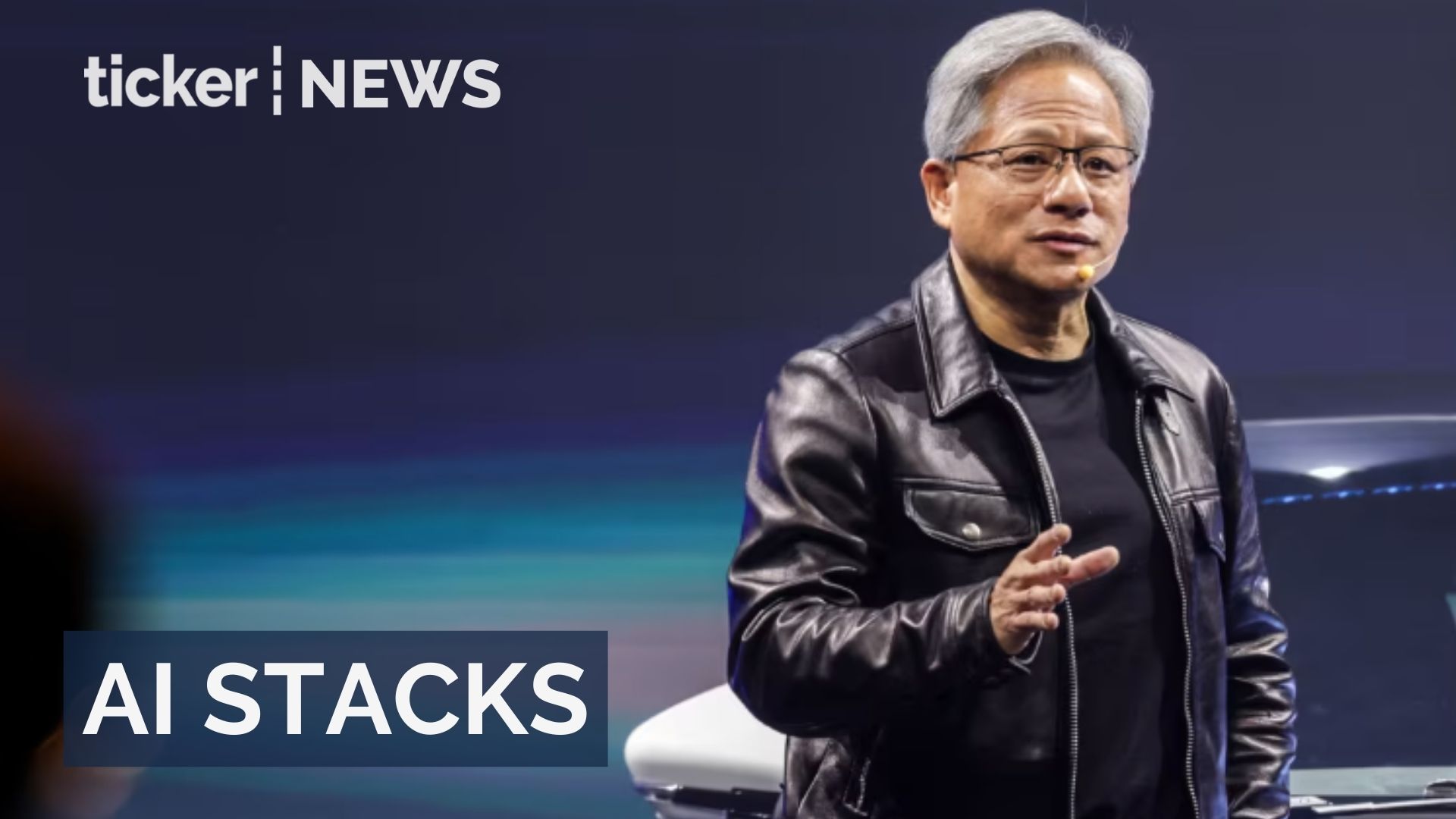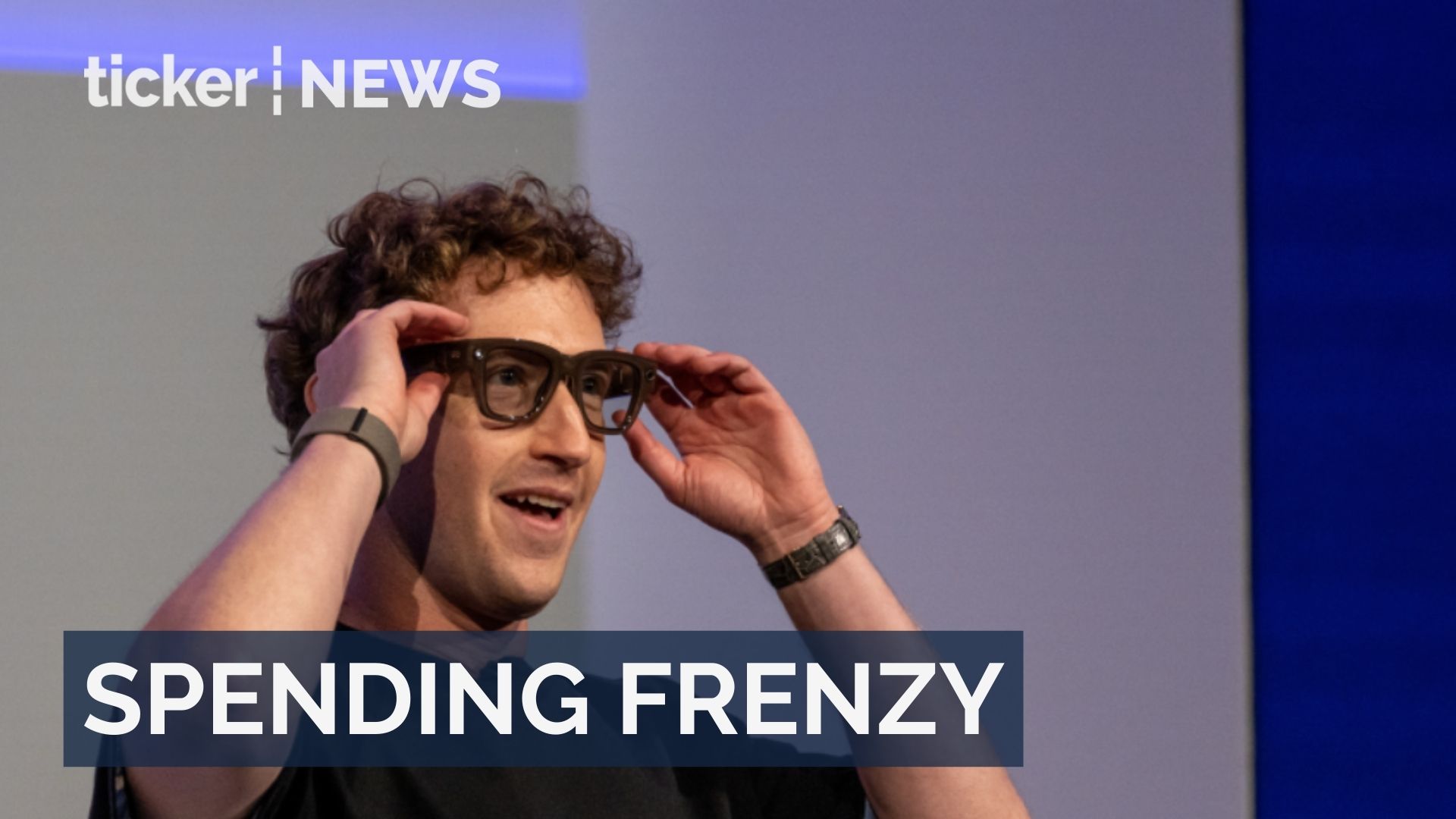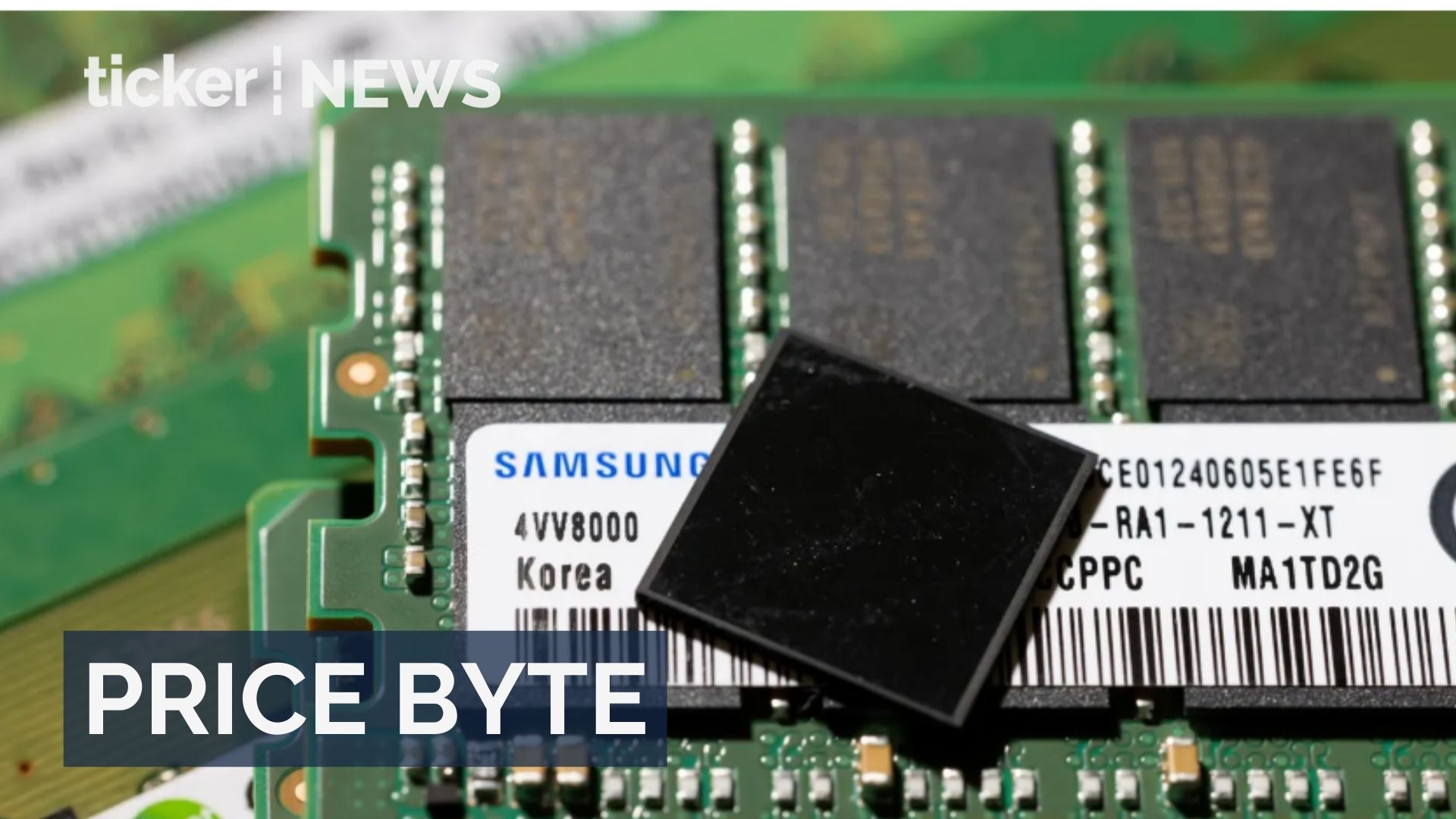Tech
EU sets out its new Twitter rules
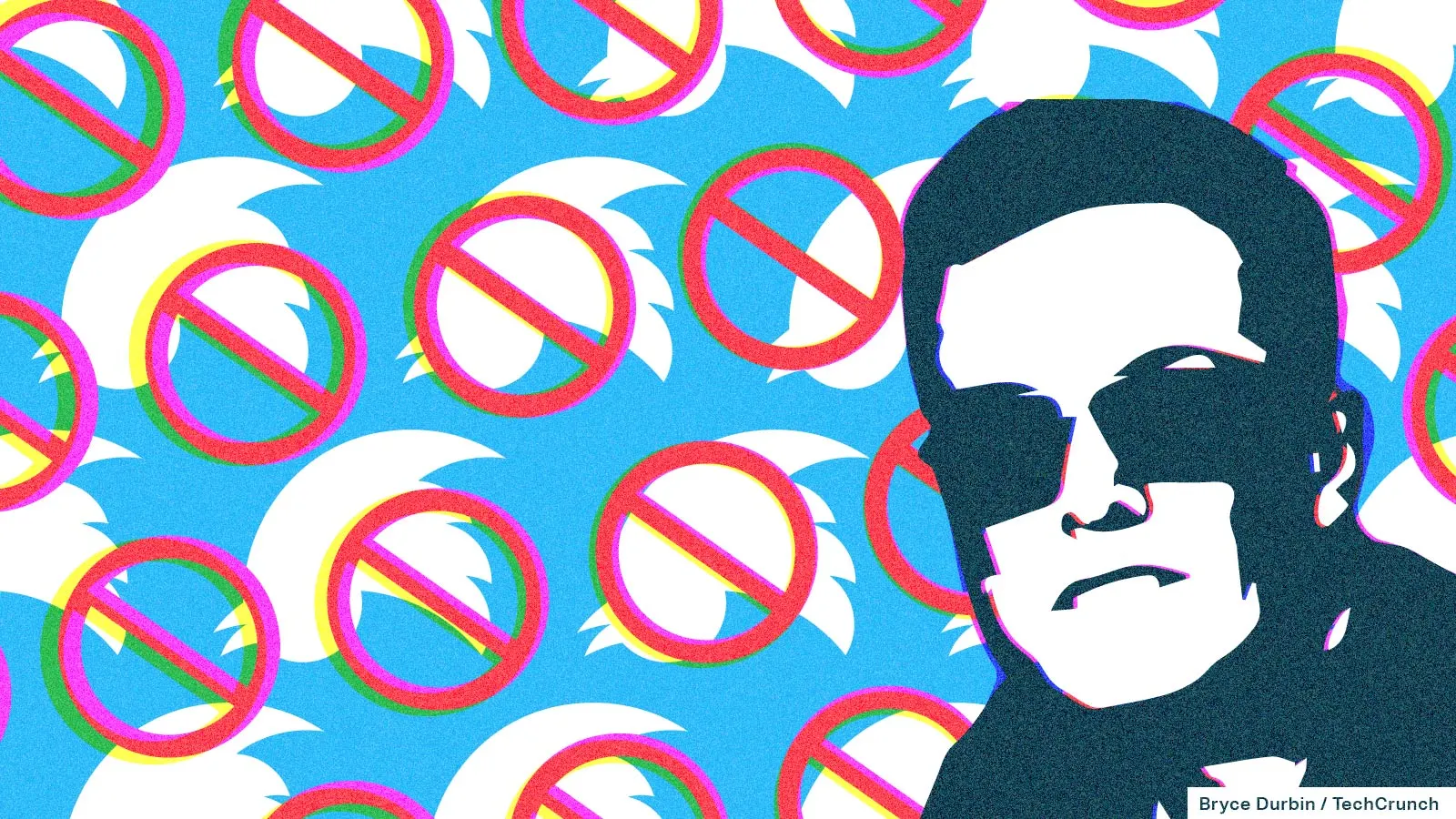
Tech
Nvidia and Amazon explore massive OpenAI funding round
Nvidia CEO downplays $100B OpenAI investment, as Amazon eyes $50B stake in AI startup
News
Big Tech earnings spark investor unease over AI spending
Investors monitor Big Tech’s AI investments, with Meta thriving while Microsoft and Tesla face uncertainty over growth and returns.
Tech
Memory shortages and rising prices could persist through 2027
Memory chip supply tight, prices high; Lenovo warns rising costs impact budget devices amid strong PC demand from Windows 11.
-



 Tech2 days ago
Tech2 days agoNvidia and Amazon explore massive OpenAI funding round
-



 Money8 hours ago
Money8 hours agoAustralia’s inflation hits 3.8%: Budget decisions under pressure
-



 Money11 hours ago
Money11 hours agoWall Street gains momentum amid tech and earnings surge
-



 Shows1 day ago
Shows1 day agoHow AI is transforming real estate investment strategies
-



 News4 days ago
News4 days agoBig Tech earnings spark investor unease over AI spending
-



 Money4 days ago
Money4 days agoU.S. dollar weakens while Australian dollar rises amid global market shifts
-

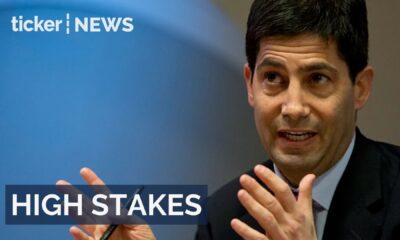

 Ticker Views3 days ago
Ticker Views3 days ago3 things to know about Kevin Warsh, Trump’s nod for Fed chair
-



 Money4 days ago
Money4 days agoWall Street slides as AI spending raises investor concerns



